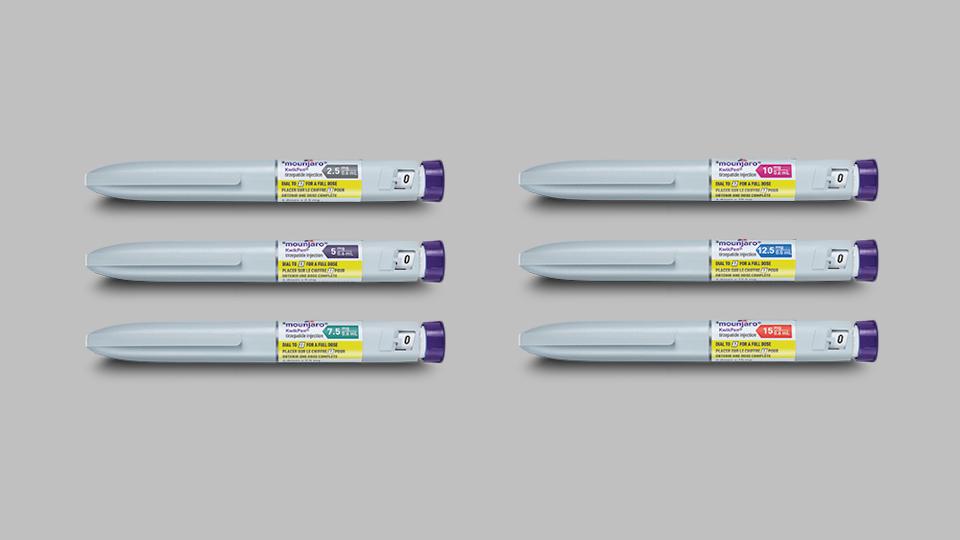Pharma urges NHS to put medicines at heart of 10-year plan

The UK pharma industry has warned that declining access to new medicines in England – down 10% in recent years – will undermine the government's efforts to rebuild the NHS.
A white paper from the Association of the British Pharma Industry (ABPI) wants to see ramped-up investment in innovative drug therapies and vaccines as a 'fourth shift' in the government's much-anticipated 10-year plan for the health service, along with moving care from hospitals to the community, embracing digital technologies, and focusing on disease prevention rather than sickness.
According to ABPI chief executive Richard Torbett, innovative medicines and vaccines can be levers to help deliver the other three 'shifts' that have been trumpeted by the government and Health and Social Care Secretary Wes Streeting and should be viewed "as an investment rather than a cost."
The paper argues, for example, that increasing the NHS spend on medicines to levels that are comparable with other countries will help prevent the onset and progression of disease, allowing more patients to be cared for in their own homes.
Meanwhile, the digital transformation can be assisted by embedding research as 'business as usual' within the NHS, establishing a data-driven clinical trial recruitment service, setting up a dedicated health data research service, and building NHS data infrastructure that "provides detailed understanding of medicines-related patient outcomes and uptake of medicines across the country," according to the trade organisation.
Prime Minister Keir Starmer has promised that the 10-year plan – due to be published this spring – will deliver "the biggest reimagining of the NHS" since it was formed in 1948, and also pledged to put the full weight of the British government behind life sciences as part of his plans.
In September, a report on the state of the NHS commissioned by the new government and carried out by former Labour Health Minister Lord Darzi concluded that it is in "critical condition", with systemic problems that could take up to eight years to put right.
"The NHS 10-Year Plan particularly must maximise the contribution of innovation from all parts of the life sciences sector to succeed, including the vital role of medicines and vaccines," said Torbett, adding that will "benefit patients, the NHS and the life sciences sector, which can then drive health and growth throughout the UK."
The white paper takes the opportunity to push back against one of the most unpopular policies affecting pharma companies supplying the UK market, namely the Voluntary Scheme for Branded Medicines, Pricing and Growth (VPAG), which the ABPI claims caps the growth in medicines spend significantly below levels of NHS demand. It sets a yearly cap on the total allowed sales value of newer medicines to the NHS each year, with sales above the cap paid back to the government via a levy.
VPAG was initially welcomed by the pharma industry as a way to limit skyrocketing rebate rates during and after COVID-19, but that proved to be short-lived. A reduction in rate to around 15% from recent highs of 20% or more was expected, but ballooned to 22.9% this year, which the ABPI says is "placing huge pressure on industry and jeopardising patient access to medicines and economic growth."
The pharma industry has complained for many years about the low spending on medicines in the UK relative to its peers in Europe. Around 9% of the NHS budget goes on medicines, compared to 17% in Germany and Italy and 15% in France.












